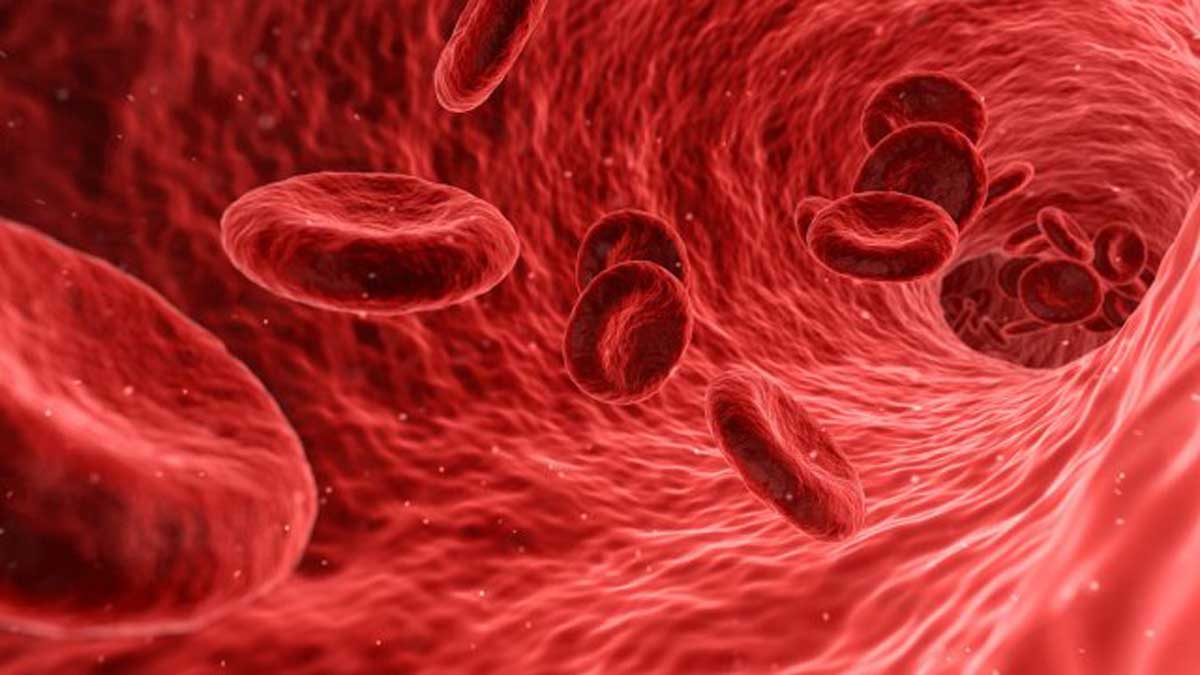Researchers at the University of Amsterdam in the Netherlands have detected microplastics in human blood for the first time, and foreign particles have been found in 80% of the people examined, reports The Guardian.
Experts analyzed blood samples from 22 healthy anonymous donors and found plastic particles in 17 people. Half of the samples contained PET plastic, which is commonly used in beverage bottles. One third contains polystyrene, which is used to make packaging for food and other products. A quarter of the blood samples contained polyethylene, which is used to make plastic bags.
Scientists still do not know what effect microplastics have on human health. However, microplastics have been shown in the lab to cause damage to human cells, and air pollution particles are already known to enter the body and cause millions of early deaths each year.
In addition, it has been proven that people consume small particles in food and water, as well as inhale them.
A recent study showed that microplastics can attach to the outer membranes of red blood cells and limit their ability to carry oxygen. Particles are also found in the placentas of pregnant women, and in pregnant rats they quickly travel through the lungs to the heart, brain, and other organs of the fetus.

